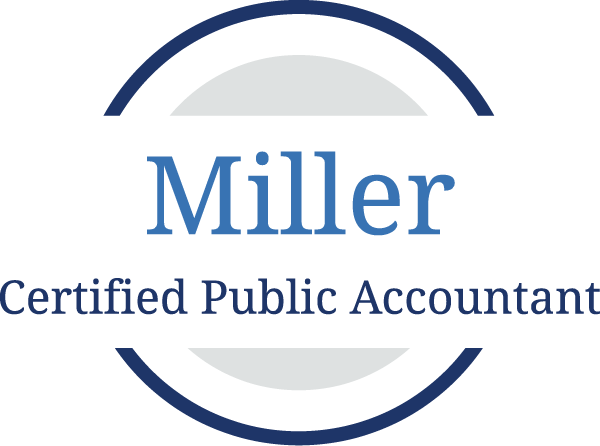C Corp
C corporations are unique in that the corporation pays its own income tax. This is different from other corporate structures which pass income to the owners’ personal tax returns and the tax is paid there.
Large corporations are generally C corporations. This is because it is the only entity form that works for them. Other corporate structures have limits on shareholders and/or require personal info about shares holders to be reported to the IRS. This is would not work for large publicly traded companies. Privately held C corporations typically have chosen the structure for reasons other than income taxes.
One group of companies that utilize the C corporation structure are high-growth startups seeking funding. They are forced to go this route because their target investors may be entities or foreign individuals, neither of which are allowed to invest in an S corporation.
